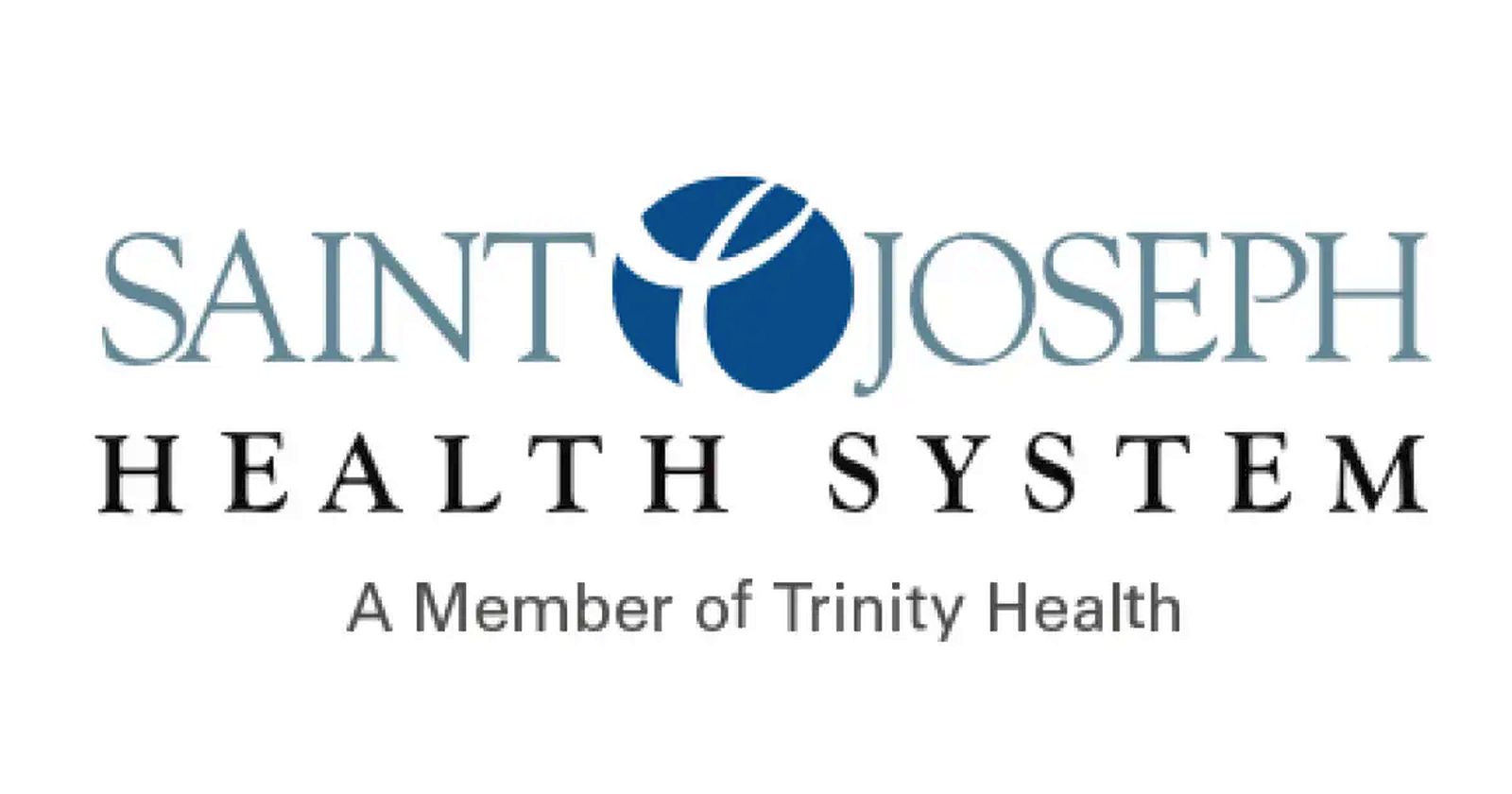As a community partner with the Saint Joseph Health System, WTCA received a COVID-19 update from Genevieve Lankowicz, MD, MBA, CPE Regional Chief Clinical Officer of Saint Joseph Health System on Thursday.
Her release said there have been important developments concerning the Covid-19 Pandemic. There have been changes regarding CDC Covid-19 isolation and quarantine guidelines and new recommendations regarding masks.
The Omicron variant is proving to be a challenging opponent for our Covid Warriors and the Michiana community at large! Lankowicz said, “We have reached new records for case counts and are witnessing high hospitalizations numbers. This morning we had 88 patients in our SJHS hospitals. Unfortunately, we are also seeing an increased number of mortalities in Michiana: there have been over 80 deaths in Saint Joseph, Elkhart and Marshall Counties over the past two weeks.”
While Omicron is said to be less likely to lead to hospitalization overall, it is known to be much more infectious (contagious). The Chief Clinical Officer said, “Consequently, we are faced with an increased total number of people with active infection. While the proportion of active Omicron cases requiring hospitalization might be lower than what we witnessed with the Delta or Alpha variants, there is now an overall greater number of people with active infection. Therefore, a significant number still require hospital care. Our Saint Joseph Health System (SJHS) and regional data does support this trend.”
Nationally, we have the highest number of total hospitalizations since the pandemic began and US deaths have reached a recent 7-day average of 1729 deaths daily. Sadly, there are reports of “Omicron Parties” with individuals trying to become ill with a goal for future viral resistance. That is a risky plan! Consider the vulnerable others who could be exposed to the infectious party attendees thereafter.
Lankowicz said, “We are also hearing news reports alleging that hospitals are reporting inflated numbers of Covid positive admissions for financial gain. Are patients admitted WITH Covid-19 for unassociated care or are they admitted DUE TO Covid-19 serious illness? Well, at SJHS, 85% or more of the Covid-19 reported admissions are receiving care to treat Covid-19 and these patients would NOT otherwise have been admitted. The remaining 15% of cases represent necessary childbirth care, surgical procedures, or necessary care for other unrelated serious medical conditions. This group still requires the use of isolation equipment and processes, of course.”
New oral medications can be offered to patients in the ambulatory care setting just after a positive test. Unfortunately, supplies of these medications (Paxlovid and Molnupiravir) are limited. SJHS receives a small number of treatment courses periodically from the Indiana State Department of Health. Similarly, a relatively small number of monoclonal antibody treatments are available for Indiana. Recently, SJHS has received fewer than 20 doses of Sotrovimab weekly from the Indiana Department of Health. Our neighboring regional hospitals received similar quantities, and this is not enough to meet Michiana’s needs! Recall that the newer Sotrovimab is the only effective monoclonal antibody treatment against Omicron.
Lankowicz said, “There are national shortages of certain medications, and we also face shortages of necessary blood products. Michiana needs to curtail our Covid-19 Omicron case count in order to reduce hospitalizations because the treatment inventory is limited. Surely now is not the time to let your guard down with regard to preventive measures!”
Omicron has demonstrated a different pattern with regard to the infectious state time frame and incubation period characteristics. Infected people are most contagious the day prior to symptom onset and healthier individuals are able to clear the virus more quickly. This has allowed for reduced isolation time for infected individuals. With Omicron, healthier individuals who did not require hospitalization need only remain in isolation for 7 days (it had been 10 for other variants).
What has changed regarding masks? The CDC has released new guidance regarding the effectiveness of masks. Given that masks work by blocking respiratory droplets from escaping into the surrounding air, it makes sense that fit-tested respirators (N-95) offer optimal protection while the more loosely fitting ear loop masks are not as effective. Still, surgical and ear loop masks are better than cloth masks or other face-coverings. The bottom line is to keep a well-fitting mask on your face to cover your nose and mouth when you are within 3 feet of others. Your mask protects others more than it protects you.
Per federal guidance, home Covid-19 tests will soon be made more accessible and there will be coverage for their cost! Home testing will help us to identify Covid-19 as the cause for questionable minor symptoms sooner and allow for immediate isolation of infected individuals. This will help to reduce the spread.










